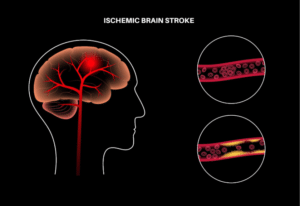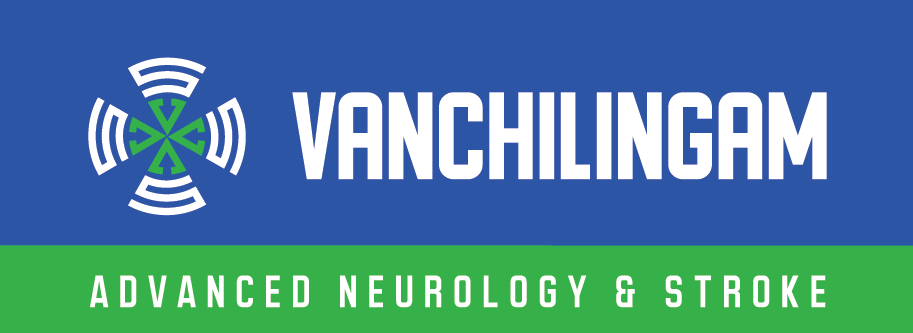Hello Everyone,
Today, we’re diving into an important topic that could save your life or the life of someone you love: Transient Ischemic Attacks (TIAs). Often referred to as mini-strokes, TIAs are serious health events that serve as crucial warnings for potential future strokes. Let’s explore five key facts about TIAs together.
What is a Transient Ischemic Attack?
A Transient Ischemic Attack (TIA) is a brief episode of stroke-like symptoms resulting from a temporary disruption of blood flow to the brain. Although these episodes typically last only a few minutes and do not cause permanent damage, they serve as critical warning signs for the risk of a future stroke. Understanding and addressing TIAs is crucial, especially for institutions like Dr. Vanchilingam Hospital, where specialized care in neurology is paramount. Early detection and intervention can significantly enhance patient outcomes, emphasizing the importance of recognizing and responding to these warning signs promptly.

1. TIA Symptoms Are Similar to Stroke Symptoms
First off, it’s essential to recognize that the symptoms of a TIA closely mimic those of a stroke. You might experience sudden weakness or numbness on one side of your body, difficulty speaking, vision problems, or dizziness. Unlike a stroke, these symptoms last only a few minutes to hours and resolve within 24 hours. However, don’t let the transient nature of TIAs fool you – they are a serious warning sign. According to the American Stroke Association, one in three people who experience a TIA will eventually have a stroke, often within a year.
2. TIAs Are Medical Emergencies
Even though the symptoms might disappear quickly, a TIA is a medical emergency. It’s a wake-up call that your brain isn’t getting enough blood flow. Immediate medical attention is crucial because the risk of a full-blown stroke is highest within the first 48 hours after a TIA. Quick intervention can make all the difference in preventing a major stroke.
3. Know Your Risk Factors
Certain factors increase your risk of having a TIA. High blood pressure, diabetes, high cholesterol, smoking, and a history of heart disease are significant risk factors. Lifestyle choices like an unhealthy diet, lack of exercise, and excessive alcohol consumption also play a role. Managing these risks through lifestyle changes and medication can help prevent TIAs. Regular check-ups with your healthcare provider are vital to keep these risk factors in check.
4. Diagnosing and Treating TIA
If you experience a TIA, your doctor will perform a series of tests to confirm the diagnosis and rule out other conditions. This typically includes imaging tests like CT scans or MRIs, as well as blood tests and heart monitoring. Treatment focuses on preventing future strokes and may include medications like aspirin or anticoagulants, along with lifestyle changes. In some cases, surgical options might be necessary to improve blood flow to the brain.
5. Long-term Management and Prevention
Preventing future TIAs and strokes requires a comprehensive approach. This means sticking to your prescribed medications, adopting a healthy diet, exercising regularly, quitting smoking, and limiting alcohol intake. Keeping your blood pressure, cholesterol, and diabetes under control is crucial. Don’t underestimate the power of managing stress and getting enough sleep for your overall vascular health.
Understanding these key facts about TIAs can help you recognize the warning signs and take action to prevent future strokes. Remember, your health is in your hands. If you ever experience TIA symptoms, seek medical attention immediately. For more information on stroke prevention and treatment, visit Dr. Vanchilingam Advanced Neurology and Stroke Hospital and consult with our expert team.
Stay informed, stay healthy.








